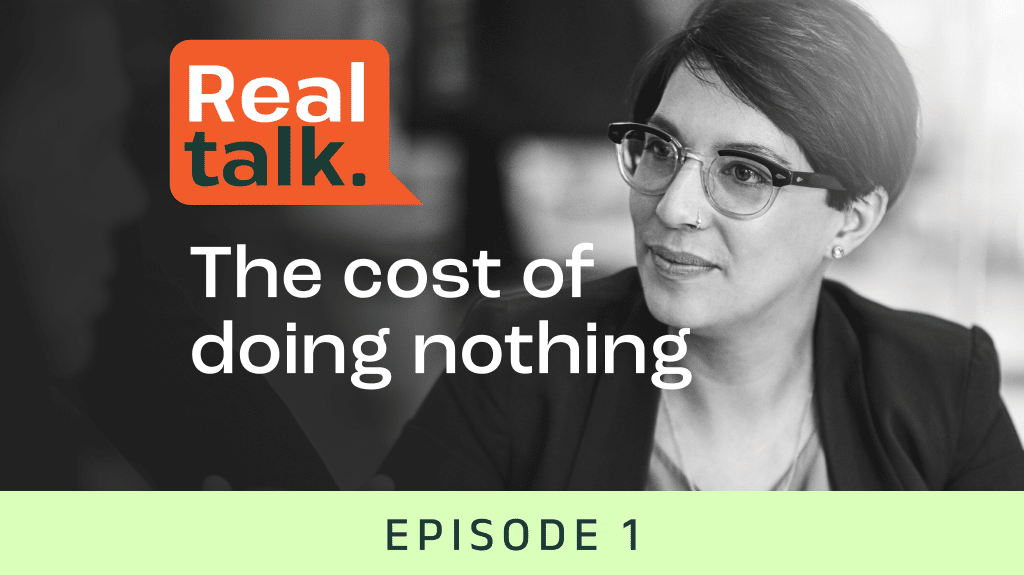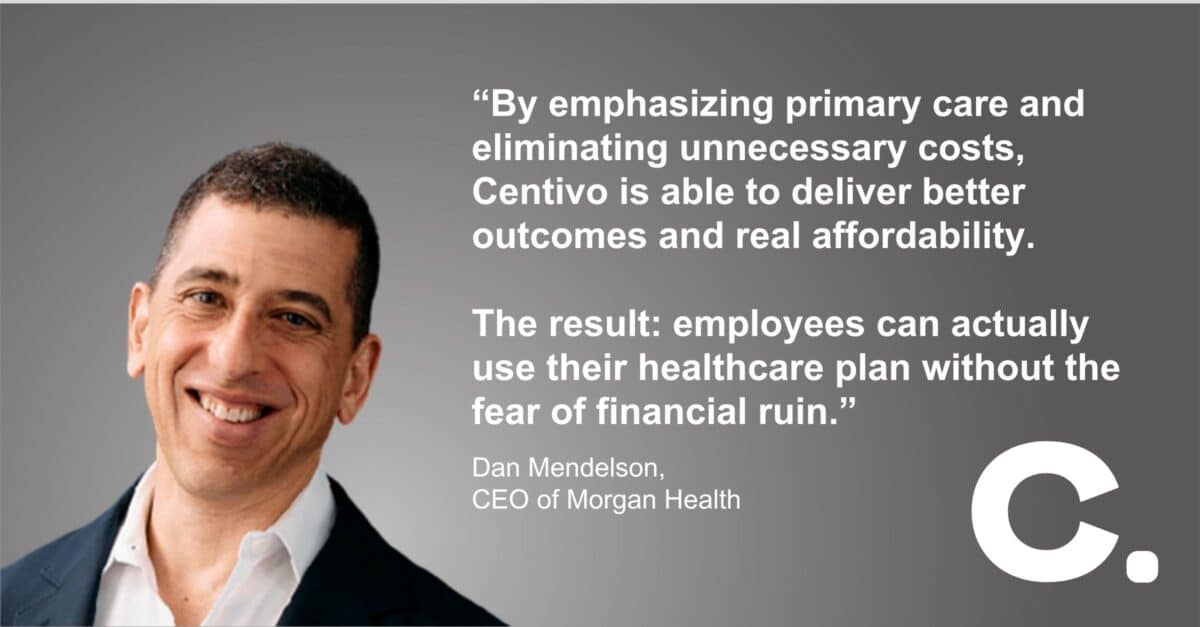There’s a quiet shift happening in healthcare benefits — one that rarely makes headlines but changes everything for the people it touches.
It starts when an employer stops asking, “How can we tweak the plan we have?”
And instead asks, “What would it look like to offer benefits that align with our people’s needs and our goals?”
That’s the shift we heard from Yoke’s Fresh Market and Stew Leonard’s, two employers in completely different parts of the country, who reached the same conclusion: The plan they had wasn’t broken. It was working exactly as designed — just not for them.
They hit the same walls many others have hit: unsustainable costs, unclear networks, confusing coverage and partner relationships that weren’t delivering.
But instead of resigning themselves to the usual cycle, they kept asking questions.
Eventually, they stopped trying to fix the system they were handed and started designing something better.
They didn’t wait for a better option. They went looking.
What stood out in this conversation wasn’t just that both organizations made a change, it’s that they led that change.
It didn’t come from a carrier. It didn’t come from a broker. It came from deep frustration and a desire to do right by their people and their business.
Both employers had been doing everything they were supposed to do: encouraging preventive care, engaging with their broker, showing up to advisory boards. And still, they weren’t seeing progress.
Instead of accepting another renewal that didn’t reflect their values or goals, they went looking for an alternative.
That included making the difficult decision to seek new broker partners who would support a different approach.
These weren’t employers being sold something new. These were leaders asking for a plan that made sense.
What they built
The model they adopted wasn’t built around novelty. It was built around clarity and purpose.
They moved away from one-size-fits-all designs and toward a curated approach — one that prioritized access to trusted primary care, removed unnecessary barriers and rebalanced the plan to actually work for the people using it.
This wasn’t just a cost-saving exercise. It was a mindset shift:
- From “what’s covered” to “who’s guiding your care”
- From “how much will this cost me” to “how do I get the right help when I need it”
- From transactional use to trusted relationships
The impact wasn’t just financial. Employees began to understand their benefits, used them and appreciated them.
As Caroline McNall from Yoke’s put it, “(The) plan is performing much more efficiently than our traditional plan. And we, for the first time in my career, which is long, have heard love and insurance in the same sentence.”
The role of the broker
This episode also made clear what brokers are up against and what makes the difference.
Both employers shared that they weren’t seeing meaningful innovation from their previous partners. They weren’t being challenged. And they weren’t getting the alignment they needed to move forward.
When they found new brokers, ones who were willing to step outside the traditional playbook, everything changed.
Not because those brokers necessarily had all the answers. But because they were willing to listen, to learn and to lead alongside their clients.
That’s what great partnership looks like. And that’s the difference between preserving the status quo and helping employers build something better.
Not a rebellion. A redirection.
We titled this episode The Health Plan Rebellion because that’s often how it looks from the outside.
But inside the conversation, what we saw was something more grounded and more powerful.
This wasn’t about rejecting the system for the sake of it. It was about reclaiming agency in a space that too often leaves employers in the dark.
And when leaders like Lorie and Caroline push forward, even when it’s uncomfortable, it gives others permission to do the same.
Watch the full episode here.
Thanks to our guests for sharing your truth and for showing the kind of leadership this space needs more of.
-Ashok


